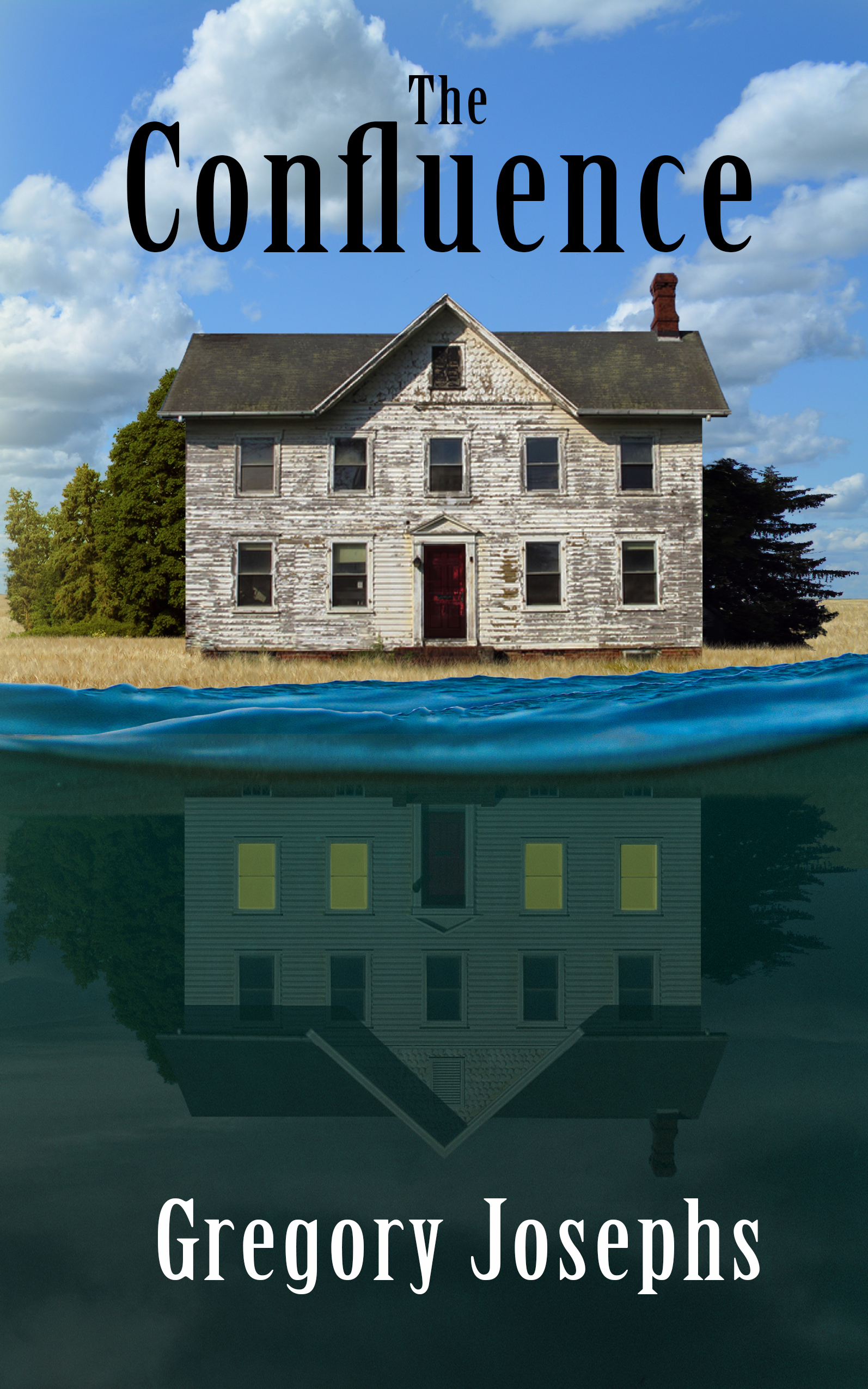Drama, Melodrama, Betrayal, Humiliation
Where is the line between drama and melodrama? More specifically, can my characters be melodramatic without their actions and attitudes affecting the voice of my writing? Can I write melodrama without melodrama? Its a pair of interesting questions—ones I’m trying to suss out in my rewrite of Chapter Three.
Of course there are some clues in the definitions. Here they are as presented by dictionary.com:
Drama • any situation or series of events having vivid, emotional, conflicting, or striking interest or results
Melodrama • a dramatic form that does not observe the laws of cause and effect and that exaggerates emotion and emphasizes plot or action at the expense of characterization.
Herein lies my problem. I have absolutely no wish to write a self-indulgent melodramatic novel. But my characters are young. Ryan is only 19 at the beginning of this story and 19 year olds have a tendency to be melodramatic. All of us have been there. Its human to be rattled when the direction in which we expect our lives to flow is suddenly diverted. But when we’re young even the diversions that are truly insignificant—a poor grade on a paper or the sudden end to a whopping two-month romantic relationship—can leave us feeling like our world is self-destructing and we may never recover. So perhaps you can see why the challenge I face is to present Ryan, his friends and adversaries, as authentically young men without turning this project into a soap opera.
Hopefully I’ve done a good enough job portraying Ryan as a stoic and introspective soul in Chapter One and Chapter Two that he is allowed a little melodrama in Chapter Three.
Its full of betrayal and humiliation.
Without giving too much away (Chapter Three will be posted on Friday afternoon) the core conflict at present is Ryan’s perceived relationship with Darren. In spite of a mountain of evidence to the contrary, Ryan really believes that he and Darren are destined for a happy ending. His insecurities prevent him from fully acknowledging any facts or situations that contradict his perception of their relationship. Perhaps it can be chalked up to his naïveté.
At this point I’m still trying to portray him as an innocent victim of circumstance. In order to do that, in Chapter Three I’m going to knock him off his feet yet again.
This is the source of the melodrama. Ryan is going to feel betrayed and humiliated. It’ll be uncomfortable, and if I’ve done my job as a writer you’ll be able to feel it as well. These are human experiences that extend beyond the relationships of homosexual nineteen year olds. But the writing has been on the wall since the first scene of Chapter One—I know because part of this rewrite has involved me working hard to put it there. Its drama over melodrama—actions and reactions should follow a pattern of clear cause and effect. The emotional impact should be earned and not forced. From the perspective of a reader I’m hoping the pivotal scene in Chapter Three is dramatic, despite the fact that Ryan’s reaction will be classically melodramatic.
How am I doing? Are you bracing for Ryan’s next inevitable fall? Do you care enough about him to be affected when it comes?
Finally, I’d like to thank everyone for sticking with me this far. At the time of this post gregoryjosephs.com has seen more than 120 unique visitors and received over 350 views—not bad for the first week and a half! Please comment and share. Constructive criticism is valued even more highly than praise. Writing remains my one truly enduring passion and the few minutes you spend with me reading these posts are an invaluable gift.
Chapter Three will be available on Friday afternoon. If you’d like it right in your inbox, please subscribe below (mobile) or on the top right (desktop).
Happy Tuesday!

